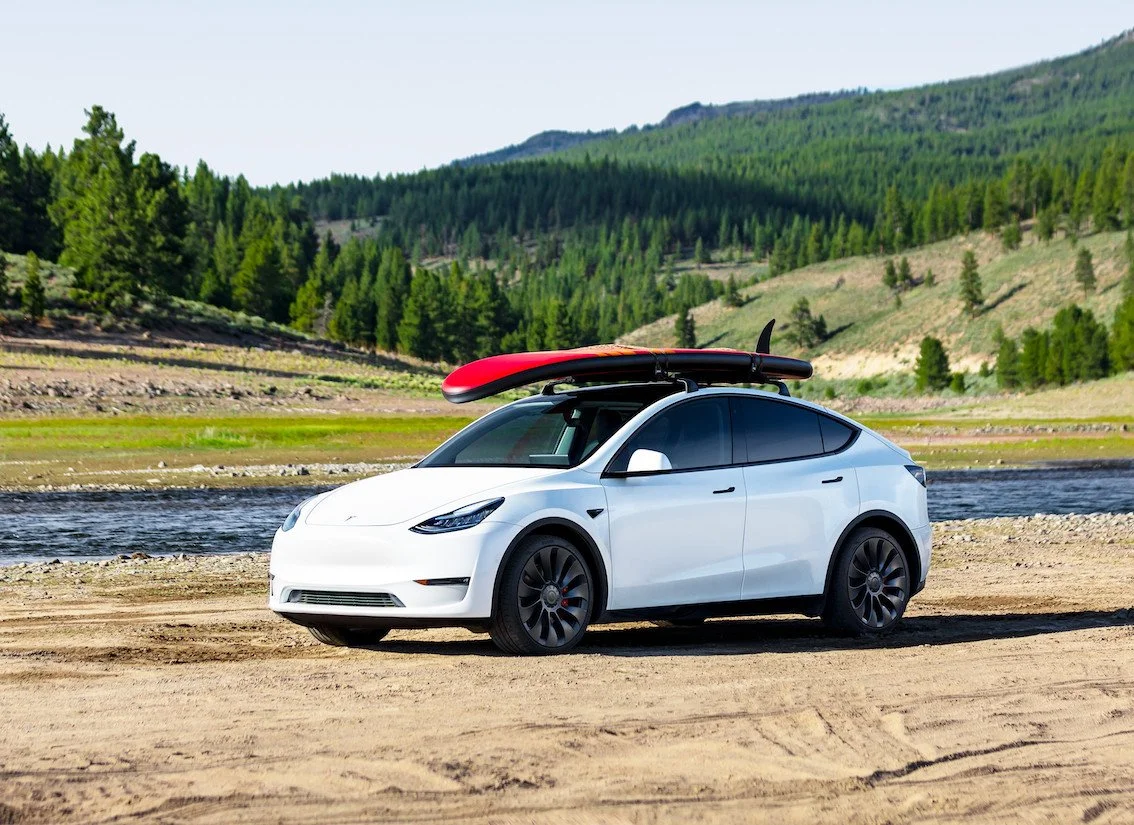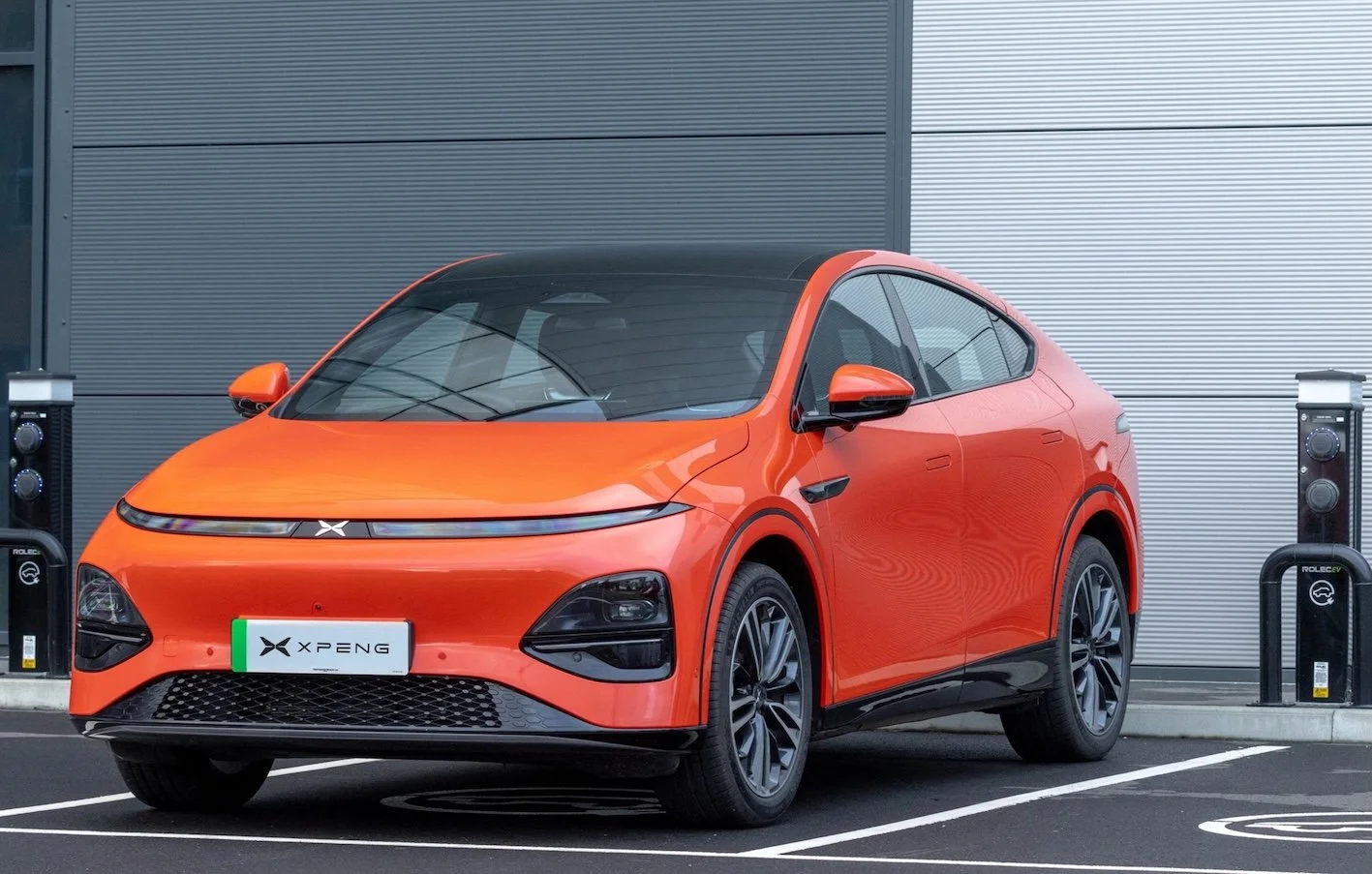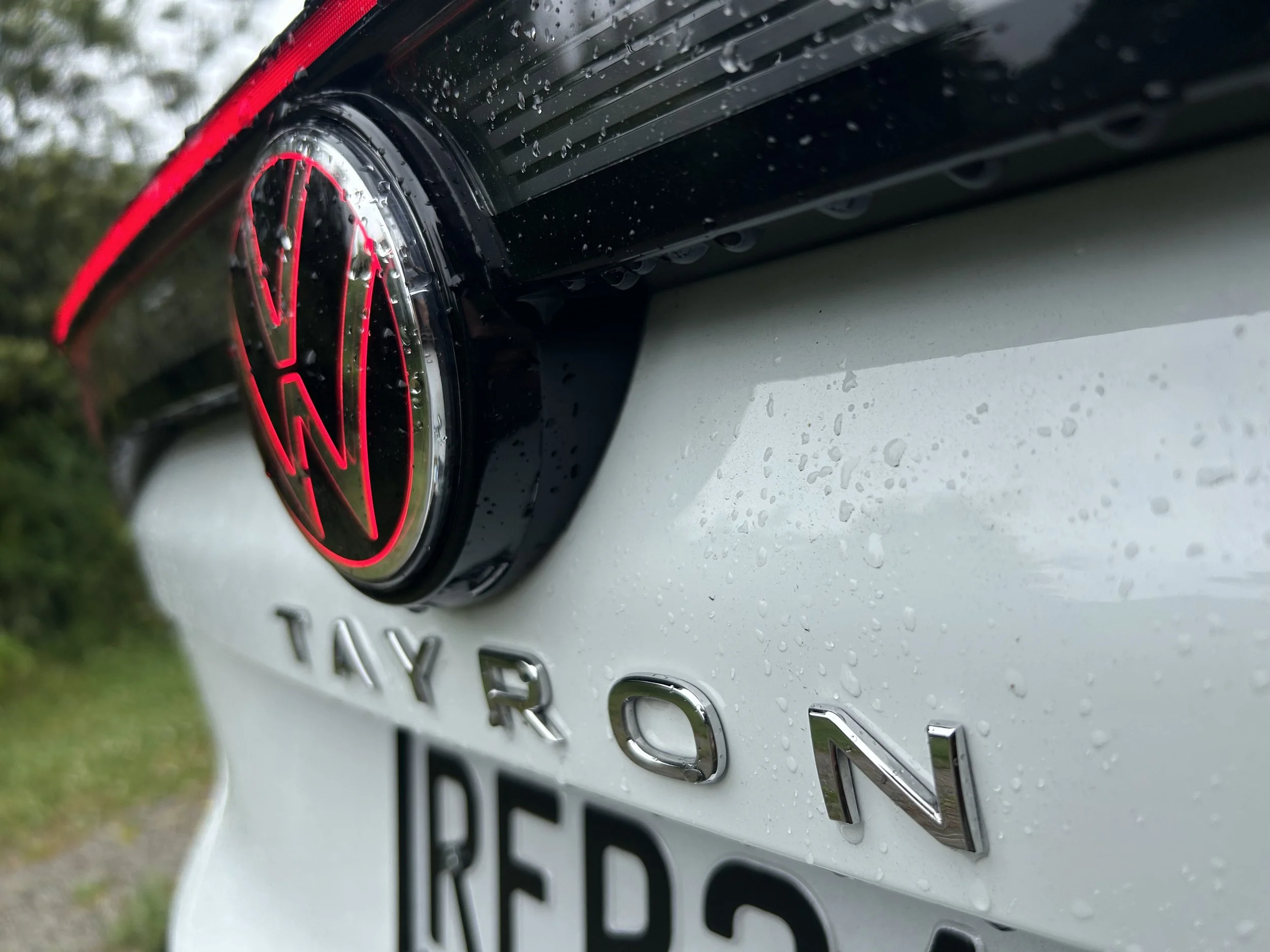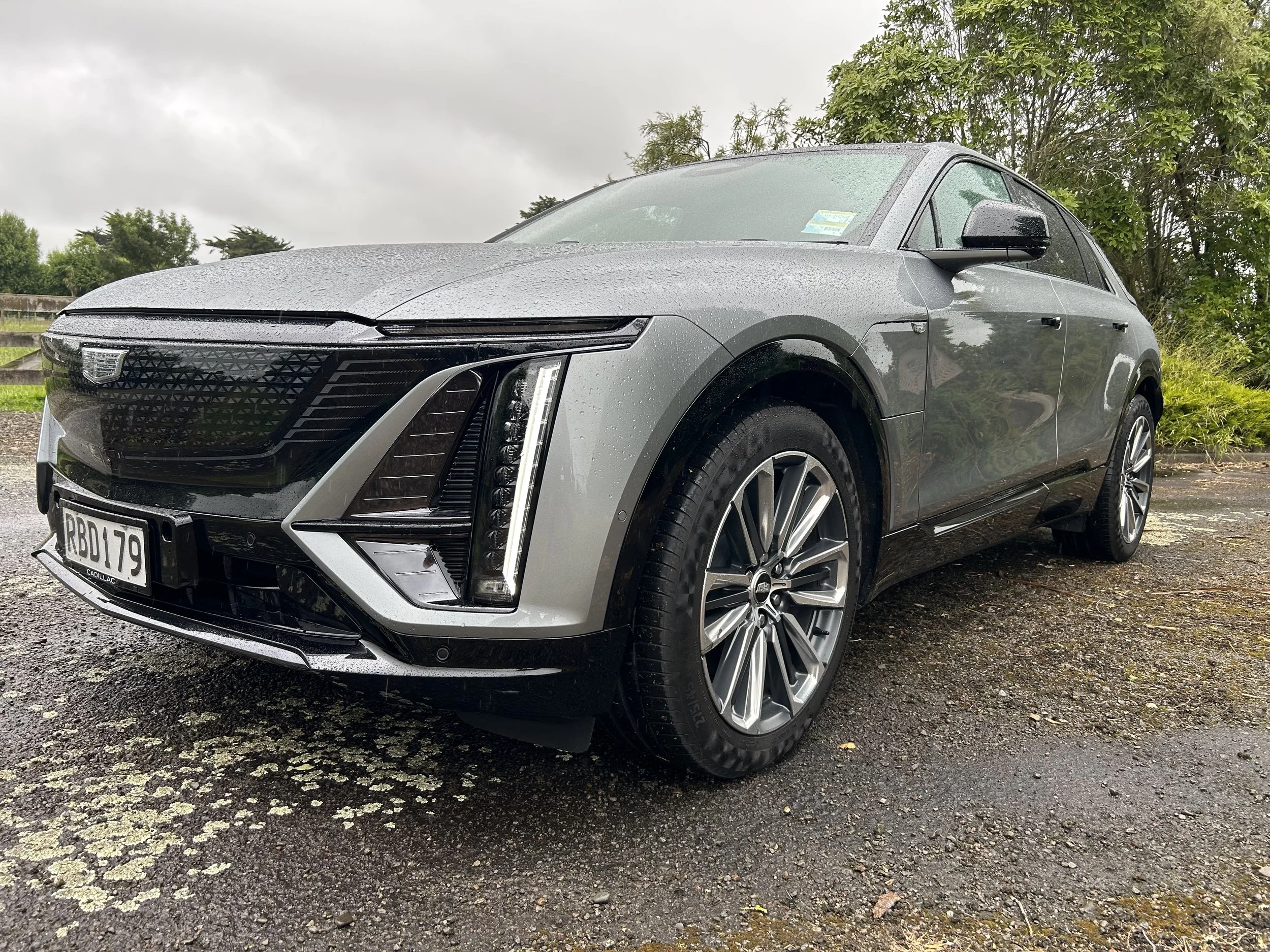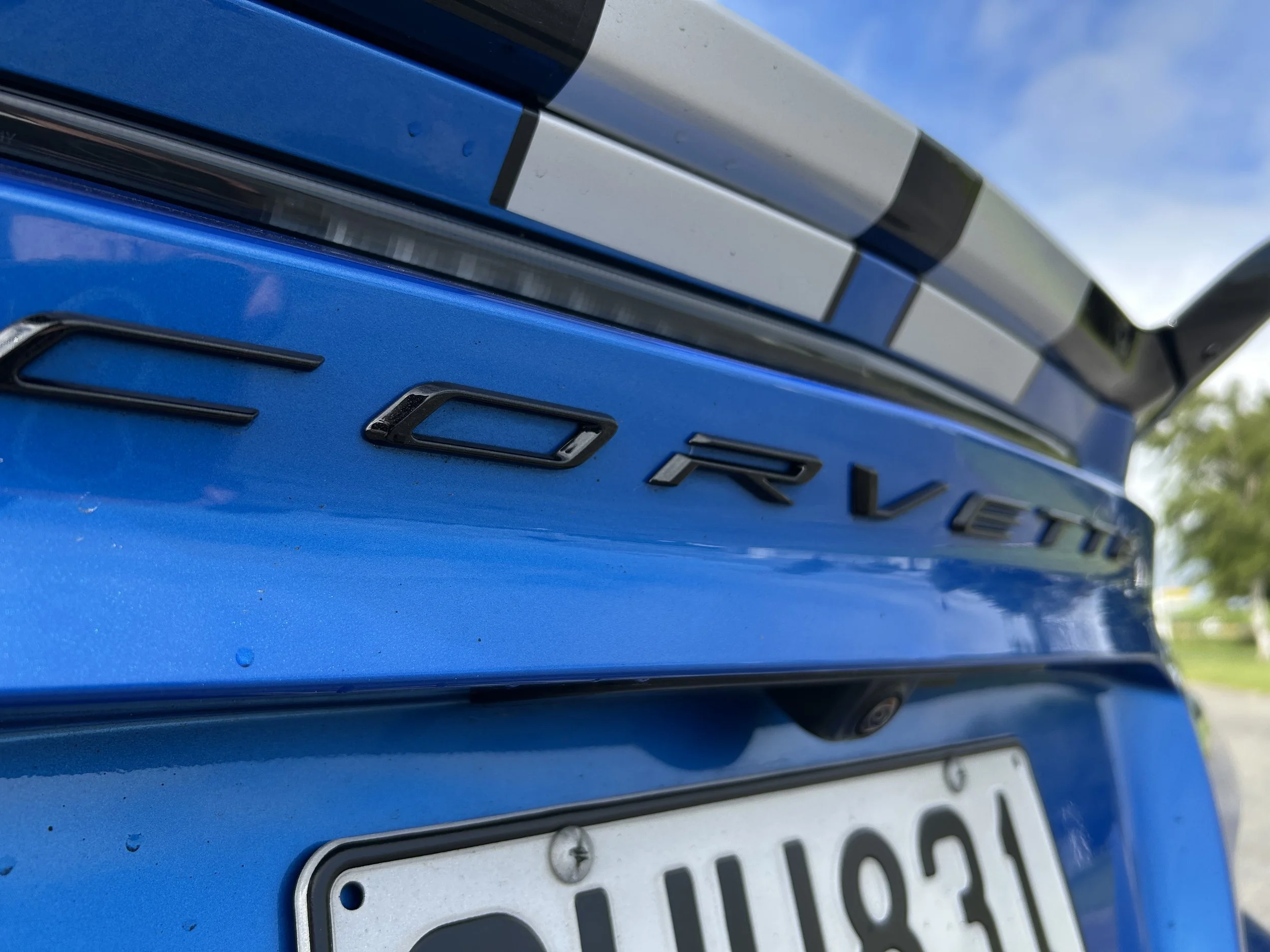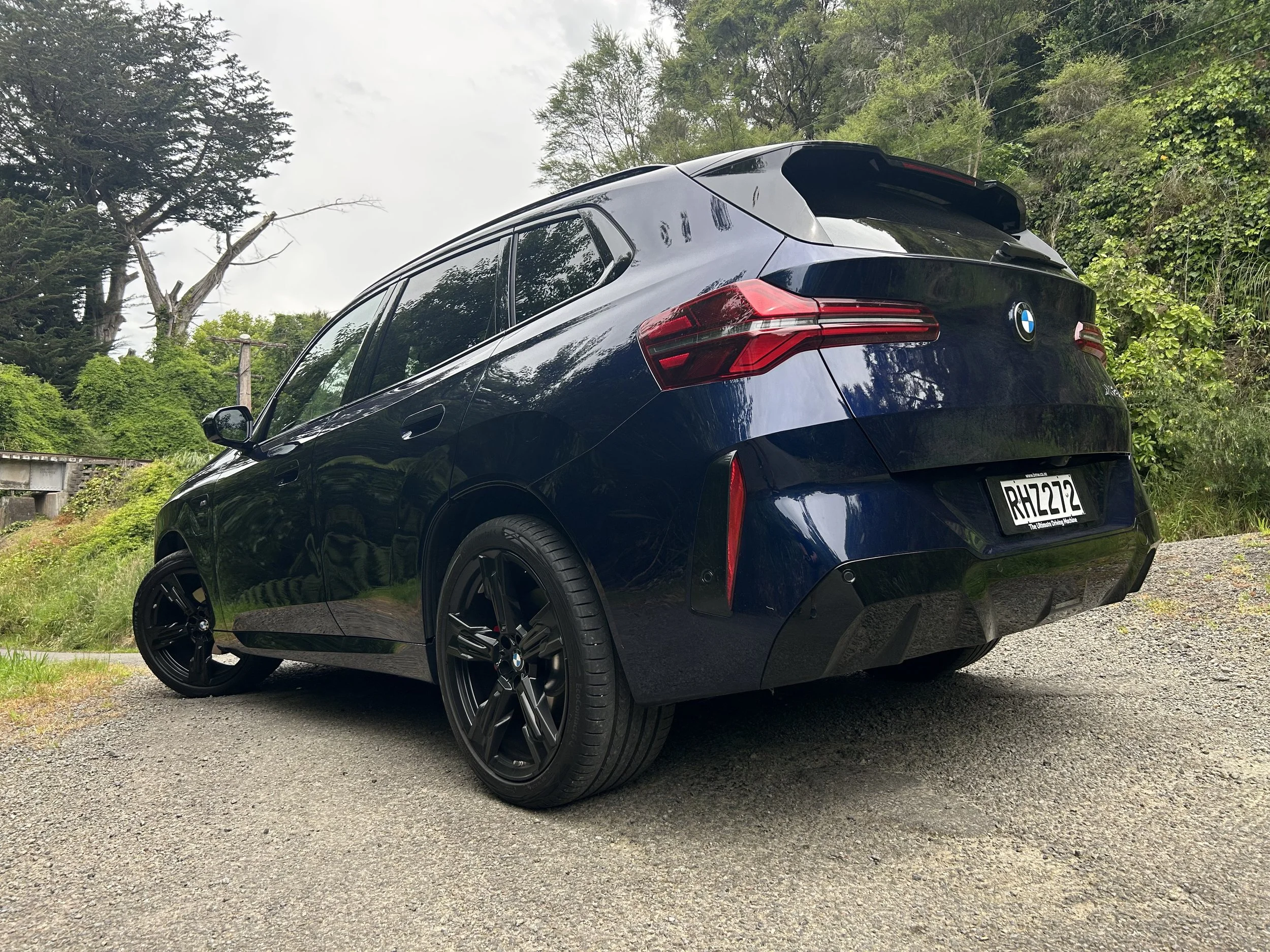Is Tesla losing its spark here?
/Latest financials for Tesla in NZ are out - and have raised comment.
KIWI desire to be seen in Tesla cars has fallen massively, and even though sales of all new electric cars remain down, the US brand appears particularly affected.
Electric vehicle sales fell across the board nationally last year, with the elimination of the Clean Car Discount and the introduction of Road User Charges for EVs cited as core factors.
It should also be noted the economy also had an impact - sales of passenger models and light commercials (utes and vans) were also down. That continues now.
The EV fall in 2024 has been by far the largest for any powertrain type and though all battery car providers felt pain, Tesla and Chinese make BYD were easily the hardest hit, their counts last year representing as huge declines over their 2023 volumes.
There has been some improvement to EV interest in the first quarter of this year, but it’s not huge.
Oxymoronically, while Tesla was the leading brand on sales volume in April, it nonetheless appears to be missing out in a vastly subdued market atmosphere.
A factor that asks for consideration is that it has just two cars to keep up interest, and both are dated and facing more rivals than ever.
Diversity has undoubtedly helped BYD at this time. It is selling plug-in hybrids with petrol engines, most notably the new Shark 6 utility on which it has placed great store. That strategy has seen its registrations return to comparatively better health over the first quarter of this year.
Overall, of course, EV penetration remains slight; less than two per ent of the fleet. Last month 602 fully electric new cars were registered; a performance that accounted for 6.5 percent of all new vehicle sales for that period.
Telsa is purely in the EV game with just the Model 3 sedan that came out in 2017, and finally hit NZ in late 2019, and related Model Y sports utility, which presented to the world in 2019 and made it here in August of 2022.
The Model 3 was the primary breadwinner until the second showed; then roles radically reversed.
Teslarati hold hope an updated edition of Model Y, called the Juniper, that is said to soon arrive will revive interest.
But Juniper is just a modest revision, not too dissimilar to last year’s Model 3 freshen, which in itself has failed to make much impact. Today, too, the sector has many more rivals than it did when Model Y first appeared.
When market fresh those models were big hits - Model Y was the most popular new EV in both 2022 and 2023. Their combined performances saw Tesla maintain more than 40 percent of the national EV market share.
In 2025, Tesla still holds dominance, but its domain has massively shrunk. The Model 3 and Model Y together holding a 15.5 percent sector share.
Latest registrations data shows counts to the end of April. This reveals Tesla has so far sold 3033 cars this year, of which 179 were Model Ys.
That’s a 32 percent percent drop on the same period of 2024, when it moved 292 Model Ys. In the first quarter of 2023 - the last year of buoyant EV sales - the count was vastly more impressive.
What’s news now is how much impact Tesla’s altered performance has had on sales revenue.
Fresh data reveals Tesla's vehicle sales revenue here plummeted 69 percent in 2024, reaching $107.2 million, down from $342 million in 2023.
This decline also impacted net profit, which decreased by 84 percent to $457,120 from $2.78 million the prior year. The firm paid $1m in tax, marginally up from 2023’s $953,000.
This aspect of the radical slump has largely been reported by specialist financial media rather than the motoring sections.
The NZ Herald reports that Tesla New Zealand is a 100 percent-owned subsidiary of Netherlands-based Tesla International, which is ultimately owned by the Texas-incorporated Tesla Inc.
The website interest.com.nz has questioned if business will improve this year.
It reminds Tesla has been caught in the fallout from its chief executive Elon Musk's political activities for the administration of United States’ president Donald Trump, in particular the controversial Department of Government Efficiency (DOGE). Musk’s support for far right political parties has also hurt.
The reaction against Musk has become all but global. A leading North American website dedicated to motoring news, Jalopnik, says Musk’s reputation has been altered.
In a piece published today headlined ‘No one Wants To Buy Tesla Any More’, it suggests that the world’s richest man is now primarily associated to conspiratorial thinking.
“This has had ill effects on his car business, which is now cratering in nearly every market. Most recently Germany and the UK put up numbers to show they're following the trend.”
It quotes a report citing from the Reuters news agency that says Tesla's new car sales in Britain and Germany plummeted to their lowest in over two years last month, falling 62 percent and 46 percent year-on-year respectively, even as demand for electric vehicles rose in both countries. This analysis bases on national data released yesterday.
The brand's sales in Germany dropped to 885 cars in April, a fourth month of declines this year amounting to a cumulative year-to-date drop of over 60%, data from road traffic agency KBA showed.
The EVDB.nz website tracks EV registrations. It says there are 19134 Tesla EVs registered here. The make has five outlets, but two are pop-ups in the same cities - Auckland and Christchurch - where it has established retail stores. The third store is in Wellington.
The Tesla tally includes both NZ new and used imports and includes the Model S and Model X, that used to be sold here new but are no longer in the showroom.
It doesn’t include a product that is exciting Telsa fans right now. A Cybertruck is touring NZ, but purely on a flag-waving tour. That vehicle is not only not engineered for right hand drive and its hugely chequered progress in sole market North America is raising doubt about how long it will be around.
As said, the entire new vehicle industry remains in a depressed mood.
The Motor Industry Association, which represents almost all new vehicle distributors, says registrations in April showed continuation of a “downward drift.
Sales of 8893 new cars and light commercials were 4.3 percent off the tally for April last year and a 13.1 percent decrease compared to 2023.
MIA chief executive Aimee Wiley says while some categories are showing resilience, overall the performance for the first quarter is not flash and “is likely due to continuing tight economic conditions impacting on spending behaviour.”


